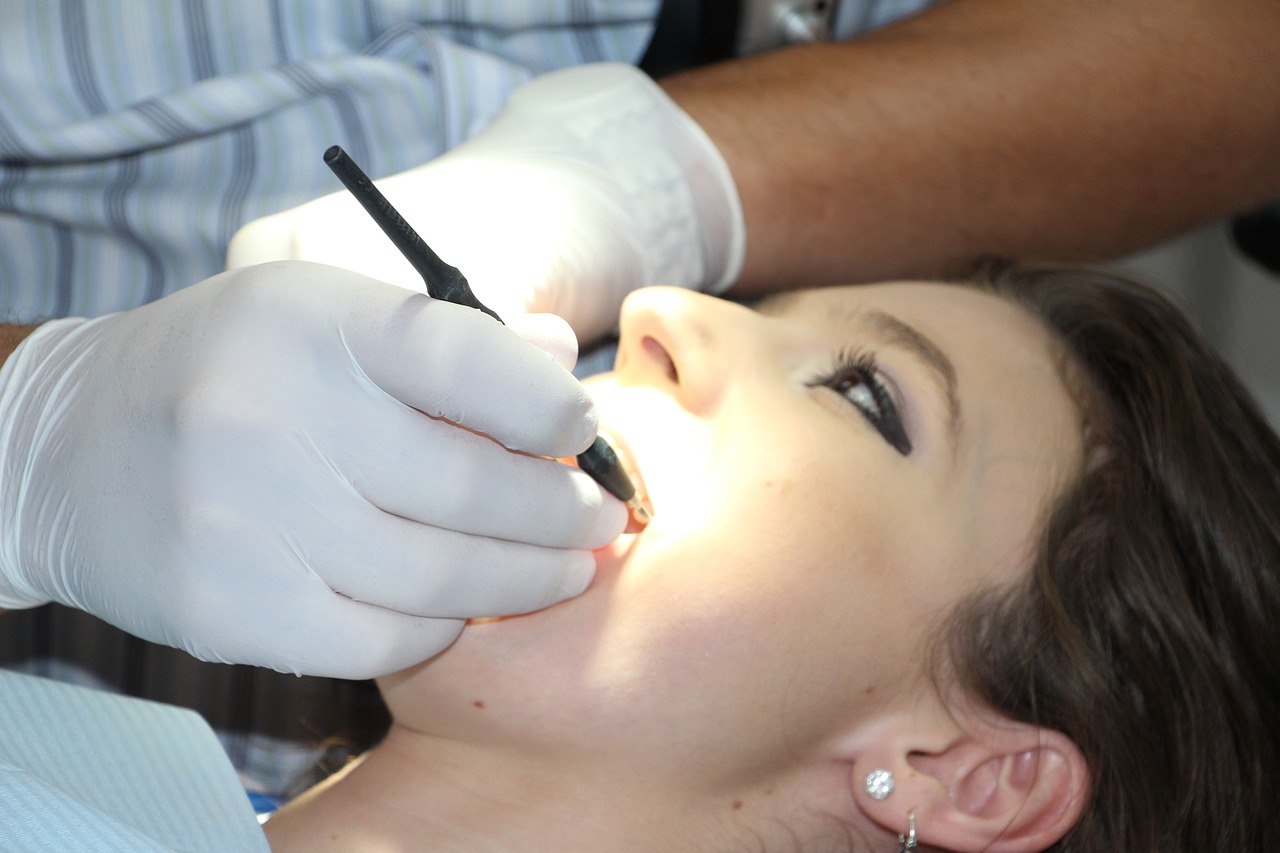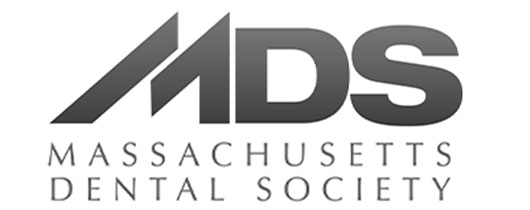A bright, healthy smile can make all the difference in your confidence and overall health. But did you know regular teeth cleaning is essential to maintaining a bright, healthy smile? This blog will discuss everything you need to know about adult teeth cleaning. We will cover different types of dental cleaning procedures, the benefits and risks of regular dental cleanings, and how often you should schedule them. Plus, we will walk you through what to expect during a dental cleaning procedure so that you can be fully prepared for your next visit to the dentist. So sit back and read on to discover why regular teeth cleaning is crucial for maintaining good oral hygiene.
Understanding Dental Cleaning
Regular teeth cleanings are crucial for optimal oral health, as they help prevent gum disease, tooth decay, and other future problems. Dental cleaning is integral to oral hygiene, removing plaque, tartar, and surface stains. The American Dental Association recommends regular dental cleanings for maintaining oral health. Understanding the types of dental cleanings and the process involved is essential for new patients seeking dental care from a general dentist.
What Constitutes a Full Dental Cleaning?
A complete dental cleaning involves thorough cleaning, polishing, and fluoride treatment of the teeth. The dental hygienist cleans both above and below the gum line, while X-rays may be taken to check for any dental issues. Additionally, the dentist performs an oral exam to assess overall oral health. A typical dental cleaning appointment usually lasts around an hour.
Different Types of Dental Cleaning Procedures
Different types of dental cleaning procedures serve specific purposes. Prophylaxis dental cleaning is a regular preventive treatment aimed at maintaining oral health. Scaling and root planing cleaning is used for deep cleaning gum pockets, while gross debridement removes heavy plaque buildup. Dentists recommend the appropriate cleaning procedure based on oral health and individual needs. Each type of dental cleaning has different treatment options to address specific issues.
Prophylaxis Dental Cleaning
Regular prophylaxis dental cleaning is a preventive treatment involving removing plaque, tartar, and surface stains from teeth. The dental hygienist will polish the teeth, making them smooth and shiny. A fluoride treatment may be applied to strengthen the tooth enamel as part of the cleaning process. Prophylaxis dental cleaning is vital in preventing cavities and gum disease.
Scaling and Root Planing Cleaning
Scaling and root planing cleaning is a deep cleaning procedure that targets gum pockets. It effectively removes plaque, tartar, and bacteria from the tooth roots. To ensure comfort during the process, local anesthetics may be used. This type of cleaning is essential for treating gingivitis and periodontitis. Depending on the severity, multiple sessions may be recommended by the dentist or dental hygienist for a thorough, deep clean.
Gross Debridement Cleaning
When heavy plaque buildup occurs, a gross debridement cleaning is necessary. This process involves the removal of large amounts of plaque and tartar. A gross debridement cleaning aims to prepare the teeth for regular dental cleaning. After the cleaning, the dentist will assess the patient’s oral health and recommend any additional treatment options. It’s essential to maintain regular dental cleanings to prevent future problems and ensure optimal oral health.
The Procedure of Dental Cleaning
The dental cleaning typically starts with an oral exam and dental X-rays to assess oral health. Using specialized tools, the dental hygienist skillfully removes plaque and tartar from the teeth, ensuring a thorough cleaning. This process includes brushing, flossing, and polishing the teeth, leaving them clean and shiny. A fluoride treatment may sometimes be applied to strengthen the tooth enamel. Throughout the cleaning, the dentist closely monitors the oral health and discusses any necessary treatment options.
What is involved in a Dental Cleaning?
A dental cleaning includes brushing teeth to eliminate plaque and tartar, using a scaler to clean above and below the gum line, flossing between teeth and along the gum line, polishing for surface stain removal, and the potential application of fluoride for tooth enamel strengthening.
Benefits and Risks of Dental Cleaning
Regular dental cleanings offer numerous benefits for oral health. They play a vital role in preventing gum disease, tooth decay, and tooth loss. Moreover, these cleanings enable early detection of oral health issues, facilitating prompt treatment. Additionally, dental cleanings promote healthy gums, fresh breath, and a confident smile. While the risks associated with dental cleanings are minimal, some patients may experience temporary tooth sensitivity.
Advantages of Regular Dental Cleanings
Regular dental cleanings play a crucial role in maintaining optimal oral health. By preventing gum disease, tooth decay, and tooth loss, these cleanings help patients avoid future problems. Regular dental cleanings promote healthy gums, fresh breath, and a confident smile, ensuring that patients feel their best. Taking advantage of dental savings and plans can make these cleanings accessible to new patients. Regular dental cleanings make patients more likely to have healthy teeth and avoid potentially serious issues.
Potential Complications of Routine Dental Cleanings
Proper dental cleanings are vital for preventing gum disease and tooth decay, ensuring optimal oral health. Regular teeth cleanings remove plaque buildup, which can lead to future dental problems. Deep dental cleanings, like root planing, effectively treat gum pockets and prevent periodontitis. To ensure patient comfort, local anesthetics may be used during dental cleanings. Stay tuned for more insights on the benefits and risks of regular adult teeth cleaning.
Is Regular Dental Cleaning Worth It?
The American Dental Association highly recommends regular dental cleanings for optimal oral health. These cleanings help prevent tooth loss and gum disease while identifying dental issues early to save patients money in the long run. Professional cleanings remove plaque and tartar buildup that regular brushing and flossing can’t reach, leaving patients with clean, healthy teeth and gums.
How Often Should You Schedule a Dental Cleaning?
The frequency of dental cleanings depends on your oral health, but most dentists recommend every six months. Patients with gum disease or other oral health issues may need more frequent cleanings. Regular teeth cleanings, combined with regular dentist visits, can help prevent dental problems and maintain oral hygiene. Scheduling regular teeth cleanings ensures a thorough cleaning of teeth, gums, and tooth roots.
Conclusion
Regular dental cleaning is an essential part of maintaining good oral health. It helps prevent tooth decay, gum disease, and other dental problems. By removing plaque and tartar buildup, dental cleaning keeps your teeth and gums healthy and reduces the risk of developing more severe oral issues in the future. Although there may be some risks associated with dental cleaning, the benefits far outweigh them. It is recommended to schedule a dental cleaning at least twice a year to ensure optimal oral health. So, pay attention to your dental hygiene and prioritize regular dental cleanings in your oral care routine. Your smile will thank you!




